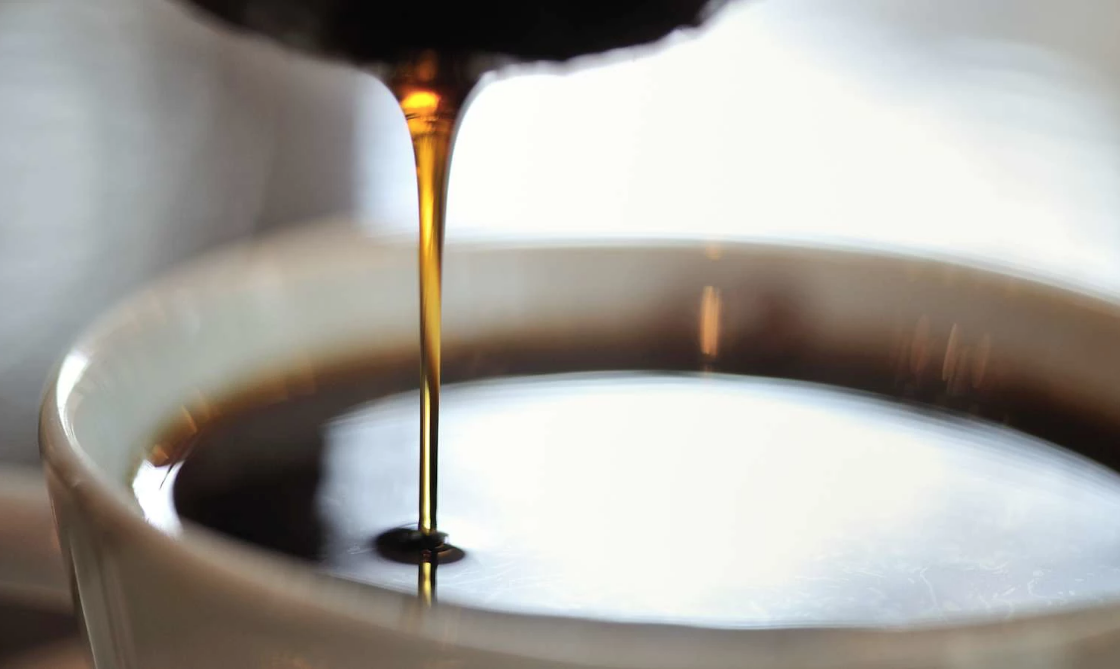Soft or Hard Water for Coffee – Which Is Better?

Hard water vs Soft water
Coffee, on the surface, is an incredibly simple beverage. You just add hot water to roasted ground beans. However — as in any great pursuit — achieving perfection remains elusive.
In the quest for the perfect cup of coffee, many devout coffee connoisseurs have theorized how to reach perfection in their coffee playbook. Aficionados have looked at everything from fresh beans freshly ground, to roasting technique, to method of grinding, to the optimal water temperature, to the perfect ratio of water to coffee. And no doubt many of you agree that coffee equipment must be regularly and thoroughly washed clean. This will ensure it has no buildup of coffee oils plays a vital role in the flawless cup of coffee.
But less often considered if not overlooked is the water itself. While we are inclined to view water as a pure ingredient, it’s actually loaded with minerals that can heavily influence coffee’s flavor. We also need to consider whether it’s soft or hard water for coffee brewing. In this post, we are going to discuss and analyze how the chemicals in different types of water interact with coffee beans to shape the taste of the brew that results. Let’s put an end to this hard water vs soft water debate!
Soft or Hard Water for Coffee?
Coffee is loaded with an incredible amount of natural chemicals and over 1,000 aroma compounds. Water, on the other hand, can be complex. Hard water can be rich in minerals like calcium and magnesium. On the other hand, soft water tends to be rich in sodium — used by water softeners to remove impurities.
 To find out how coffee’s flavor is shaped by different kinds of water, a study was conducted by Christopher Hendon, a chemist from the University of Bath. Hendon focused on specifically how different kinds of water affect the extraction of six chemicals that contribute to the flavor of coffee. These flavors included citric acid, lactic acid and eugenol — responsible for coffee’s “woodsy” taste. He found that magnesium in hard water, for example, sticks to eugenol, giving the resulting brew an even woodsier taste, Business Insider reports. And bicarbonates in hard water will make the coffee bitterer. The findings were published last month in the Journal of Agricultural and Food Chemistry.
To find out how coffee’s flavor is shaped by different kinds of water, a study was conducted by Christopher Hendon, a chemist from the University of Bath. Hendon focused on specifically how different kinds of water affect the extraction of six chemicals that contribute to the flavor of coffee. These flavors included citric acid, lactic acid and eugenol — responsible for coffee’s “woodsy” taste. He found that magnesium in hard water, for example, sticks to eugenol, giving the resulting brew an even woodsier taste, Business Insider reports. And bicarbonates in hard water will make the coffee bitterer. The findings were published last month in the Journal of Agricultural and Food Chemistry.
Hendon further stated: “Hard water is generally considered to be bad for coffee, but we found it was the type of hardness that mattered – while high bicarbonate levels are bad, high magnesium ion levels increase the extraction of coffee into water and improve the taste.”
Soft water, unfortunately, has been found to lack the sticky minerals of hard water, so it’s actually poorer at extracting flavorful compounds. But if you live in a soft-water haven, don’t dismay. A tactical selection of beans may help counter the problem.
Conclusion
So how do we answer the question: Which one should we choose – soft or hard water for coffee? The easiest way to explain by means of an analogy. Just as a person would pair wine with a certain type of food, the same is true for your type of water and the coffee you brew. You can and should obtain coffee beans that are best brewed with hard or soft water. That way you can enjoy a wide variety of flavors that natural coffee richly produces. Don’t forget to check, though, how hard or soft your water is by checking out the Canadian water hardness map.
If you have any questions on this topic, Planet Coffee would be more than happy to give you great ideas!


[…] some debate among coffee aficionados as to whether soft or hard water makes coffee tastes better. One thing we […]